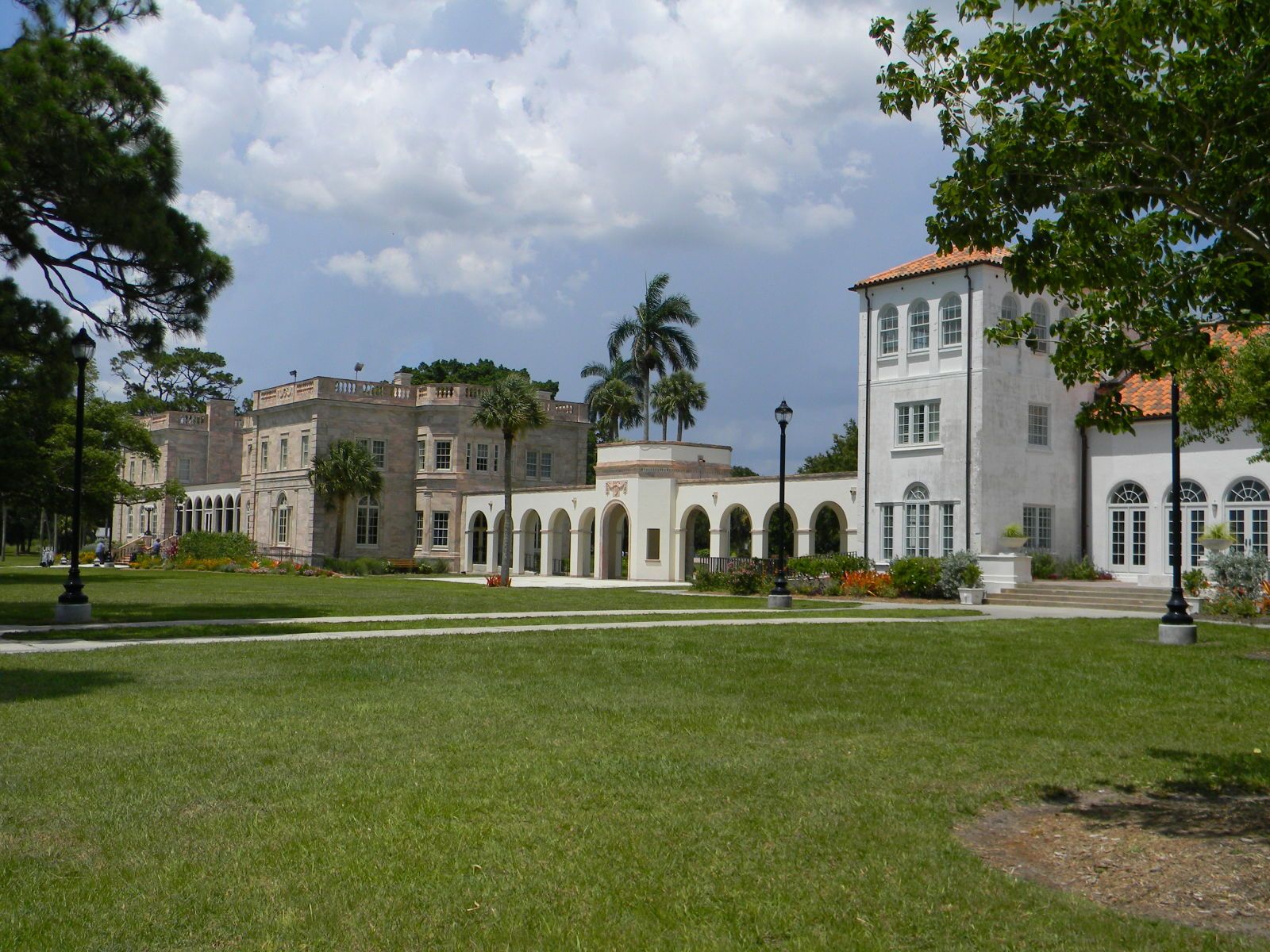Hampshire College Opens Its Doors to Florida Students

The sunshine state may be coming to Amherst. Hampshire College is opening its doors to transfer students from New College of Florida, an institution with a similarly experimental approach to education, after Governor Ron Desantis upended the school’s leadership, bringing an array of conservative policies and prompting protests from students and faculty.
Hampshire announced on March 9 a new program guaranteeing admission for transfer students from the New College. The program, which welcomes all current students in good standing, represents an effort by Hampshire to push back on what its President Edward Wingenbach has called an “increasingly aggressive effort to limit free thinking in higher education.”
Because New College is a public institution, the state government is able to effect changes to its leadership. On Jan. 6, DeSantis announced the appointment of six new conservative trustees to the New College’s historically progressive Board of Trustees, a move that the college’s then-president and students alike have referred to as a “hostile takeover” of the institution.
Since the new trustees’ appointments, the board has made significant changes to the college’s policies, including abolishing its Office of Outreach and Inclusive Excellence as part of its efforts to rid the college completely of its current diversity, equity, and inclusion policies. The college’s president was also ousted and replaced by a new interim president.
The move has prompted staunch opposition from New College students and families. Dozens of students have gathered to protest the changes, which many believe will hinder the proper function of the school given its emphasis on student exploration and social justice.
According to Hampshire’s press release announcing its decision, these developments prompted the college to “stand with students who crave a progressive education,” and streamline the transfer process for incoming students from New College. “Increasingly, public institutions are a target for those trying to censor discussions of racism, white supremacy, gender identity, structural barriers to equity, and the reproduction of oppressive hierarchies,” the press release read. “This doesn’t serve the students, it doesn’t serve democracy, and it certainly doesn’t serve the world those students seek to improve.”
Despite their geographical distances both Hampshire and New College have a similarly experimental approach to higher education in the liberal arts. Both institutions forego traditional grading systems in favor of written narrative evaluations and offer students the opportunity to design a major that is carefully tailored to their individual interests. And, despite their small sizes — both colleges have student populations well under 1000 — the colleges are also known for their progressive and free-spirited student bodies. Yet, while New College is publicly funded, Hampshire is a private institution, giving it the assurance of independence from government influence.
Under the college’s new policy, Hampshire will accept credits taken at or transferred to the New College, though all transfer students must fulfill the college’s Division III requirement — the college’s equivalent of senior year — which focuses on the development and completion of an independent project. Incoming students’ financial aid package at Hampshire will be adjusted to match the cost of attendance at the New College from the following year.
“It’s incredibly important that colleges and universities do something,” Wingenbach said. “We have to do what's within our resources and capacities to push back. One of the things Hampshire can do is offer students at New College a place to go to escape that.”